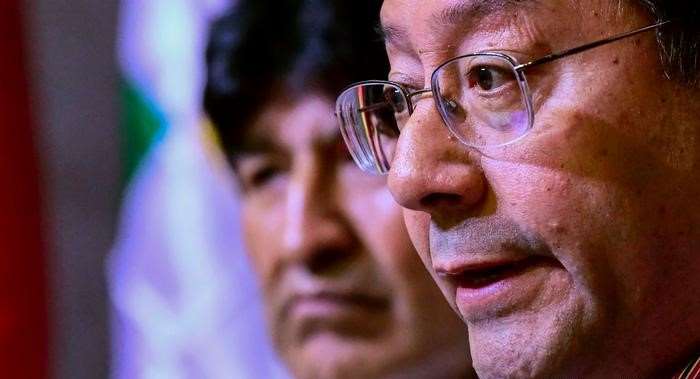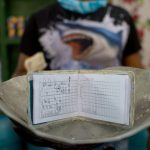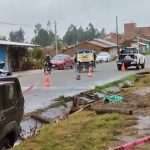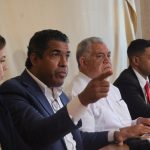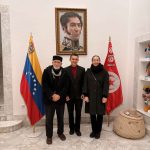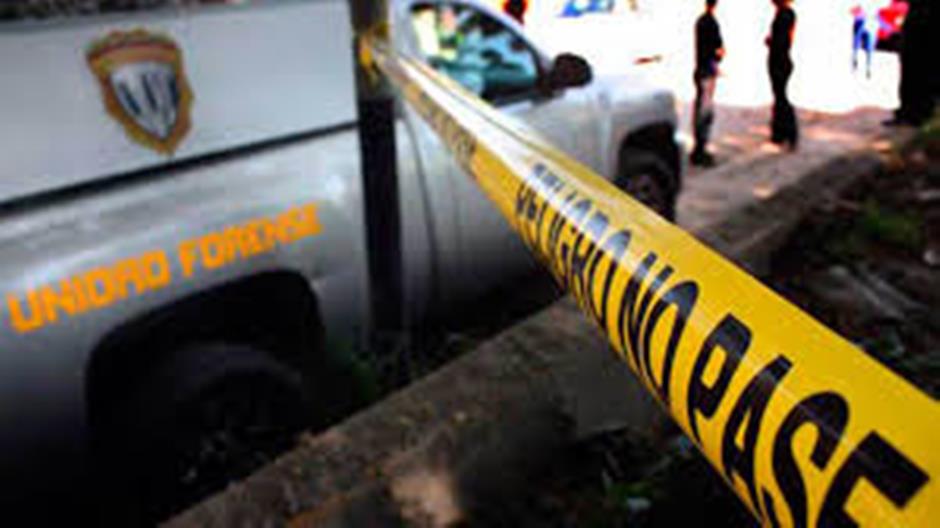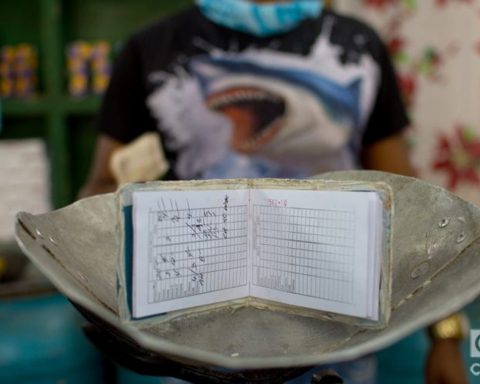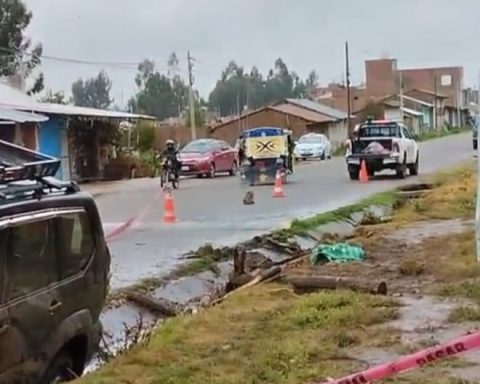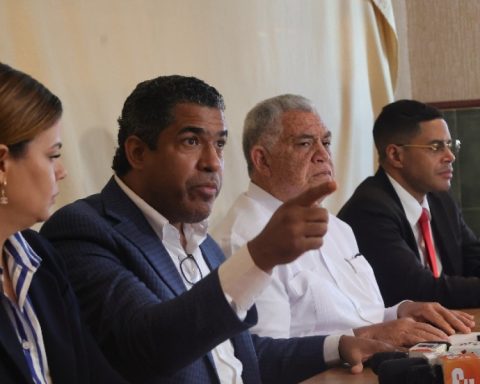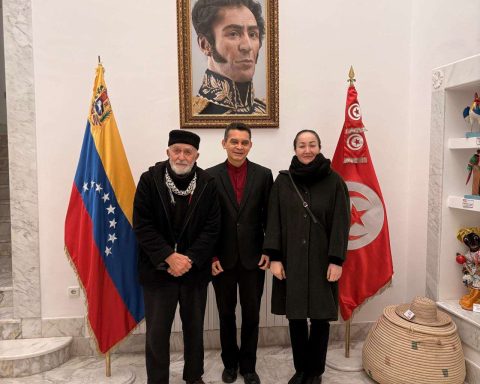September 16, 2024, 7:40 PM
September 16, 2024, 7:40 PM
Between 1982, the year of the restoration of democracy in Bolivia, until 2024 12 presidents were sworn in. Of that dozen leaders At least six had to overcome acute social conflicts or had to leave power in the quarter of September, October and November.
Precisely October 10, 1982 Hernán Siles Zuazo (+) was sworn in as president and began a political pattern that would be repeated later. Siles assumed power after a turbulent period since 1977 in which military and civilian governments succeeded one another.
Then I would have Five successors who managed to complete their termssince 1985. Victor Paz Estensoro (1985-1989); Jaime Paz Zamora (1989-1993); Gonzalo Sanchez de Lozada (1993-1997); Hugo Banzer Suarez (1993-2001) and Jorge Tuto Quiroga (2001-2002), these former presidents endured social protests mainly due to the economic management of the country.
On August 6, 2002, Gonzalo Sánchez de Lozada was sworn in as President of the Republic of Bolivia for the second time. His government lasted 14 monthshad a first conflict in February 2003 which was the prelude to what was to come.
On September 2, a march began and it was the genesis of the conflict, increasingly violent protests that lasted until On October 17, Goni fled the country and resigned through a letter read that night in parliament.
In this way and a few hours later Carlos Mesa, his vice president, was sworn into office in the turbulent days of October 2003His administration lasted barely 20 months and he was besieged by political forces in parliament and growing social discontent. In June 2005 he resigned from his post, but not before sending two direct messages to Evo Morales, whom he accused of being the cause of these conflicts.
Eduardo Rodriguez Veltzewho was president of the Supreme Court of Justice, was sworn in as president on June 9, 2005 because the old Constitution allowed it and he had to call elections within 3 months. His 90-day term became 7 months and He weathered the battle in parliament between October and November of that year for parliamentary seats and also called for general elections.
In January 2006, Evo Morales was sworn in. who remained in power for 14 years and again had conflicts in October 2019 when he was accused of electoral fraud. The conflicts of that year They started in October and ended in Novemberwith the inauguration of Jeanine Áñez as president of the State.
The senator for Democratic Unity (UD) was supposed to call elections in 3 months, however, taking advantage of the coronavirus pandemic, she delayed the elections. But the political siege and The protests led her to call for elections on September 6, 2020, which was later moved to October 18. Finally, on November 8, Luis Arce was sworn into office. of ‘president of the Plurinational State.’
On September 16, Bolivia entered the black quarter again of Bolivian politics, with presidential messages, a road blockade calling for his resignation and a march that the evismo will begin on Tuesday.
